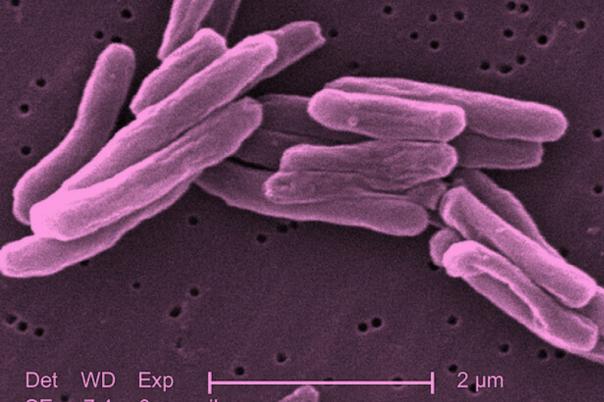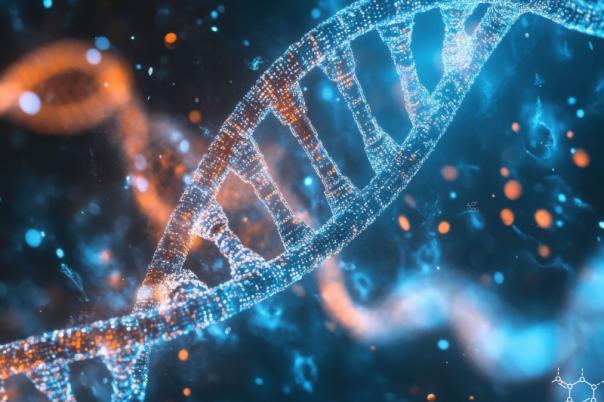Liquid biopsy is a technique that allows for real time monitoring of tumour status. By taking longitudinal samples, clinicians are able to monitor tumour response to treatment, snapshotting a patient’s tumour at a particular timepoint or even multiple tumours when it comes to metastasis. This allows the clinician to identify mechanisms of acquired resistance, guide treatment, and monitor response.
This presentation outlines the work that Cancer Research UK conducted in developing a cell-free DNA (cfDNA) liquid biopsy for small cell lung cancer. Particularly, the team focused on the cfDNA methylation in epigenetic analysis. Methylation profiling is very important in cancer as it has the potential to determine the molecular characteristics of the patient’s individual tumour. Methylation changes typically occur early in cancer development and tend to be common within cancer types.
Clipson outlined how the Cancer Biomarker Centre developed their methylation assay for cfDNA based on methylation enrichment. Using a methyl binding domain protein, the assay captures methylated DNA, providing a cost-effective genome-wide methylation profile without whole genome sequencing. A tenth of the sample is reserved for use as an input control before they run low pass whole genome sequencing to obtain the copy number.
The assay has shown high accuracy in detecting ctDNA in SCLC and has potential for personalizing treatment based on molecular subtypes. The presentation also highlights the development of a machine learning classifier, CUPiD, which predicts the tissue of origin for CUP, demonstrating high accuracy and the potential for improved patient treatment strategies.





